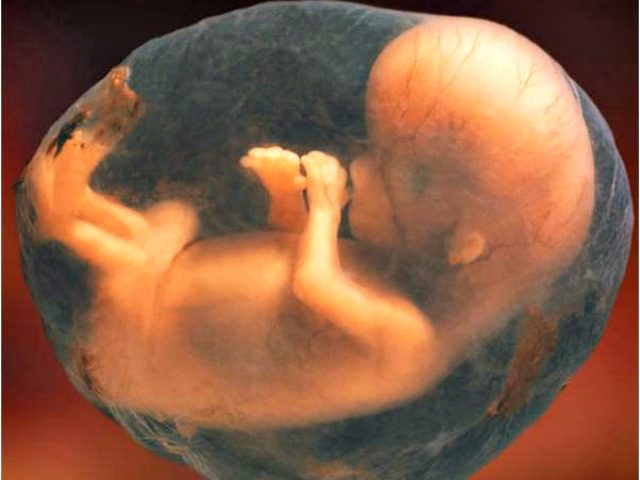A recent piece in The Atlantic — aimed at undermining the use of ultrasounds to convince people that infants in the womb are human — was so filled with errors that after its publication the magazine was forced to issue a slew of “we regret” addenda to the piece to apologize for the many inaccurate assertions made by the author.
Thus far no less than four corrections have been added to the January 24 article, which tends to upend the author Moira Weigel’s political stance that a fetus isn’t fully human at certain stages of development.
Even at its first publication, the magazine became skittish over the author’s claims. The piece was originally entitled, “How the Ultrasound Pushed the Idea That a Fetus Is a Person.” But the title was quickly changed to tone it down. It later became simply, “How Ultrasound Became Political.”
After publication, Weigel’s attack on science itself began to unravel and The Atlantic had to start adding corrections at the tail end of the article online.
The point the author was trying to convey is that using ultrasound images to “convince” people that their fetus is human is somehow a “trick” or an action meant to deceive. Repeatedly Weigel seems to gasp in horror that expectant mothers and fathers proudly display their ultrasound images to celebrate the impending birth of their babies.
So, to drive home the point that a fetus isn’t really a person, Weigel adds a list of scientific “facts” all meant to undermine the use of ultrasounds to assert that a fetus is a human.
Her are the four corrections The Atlantic was forced to make to the piece:
* This article originally stated that there is “no heart to speak of” in a six-week-old fetus. By that point in a pregnancy, a heart has already begun to form. We regret the error.
** This article originally stated that the fetus was already suffering from a genetic disorder. We regret the error.
*** This article originally stated that Bernard Nathanson headed the National Right-to-Life Committee and became a born-again Christian. Nathanson was active in but did not head the committee, and he converted to Roman Catholicism after The Silent Scream was produced. We regret the error.
**** This article originally stated that the doctors claimed fetuses had no reflexive responses to medical instruments at 12 weeks. We regret the error.
Many of these “corrections” completely undermine Weigel’s theory that a fetus lacks enough attributes of a living, autonomous human being to qualify as a living person.
One wonders why Weigel’s “facts” weren’t checked before publication?
Finally, as HotAir’s Ed Morrissey pointed out, there was yet another correction the magazine made. In the original story it asserted that Ohio Governor John Kasich vetoed an ultrasound bill in Indiana. Of course, Ohio governors can’t veto anything in another state, and current Vice President Mike Pence was the one who was wielding the veto pen in Indiana. The change was made but never added to the “we regrets” at the end of the article.
Follow Warner Todd Huston on Twitter @warnerthuston or email the author at igcolonel@hotmail.com.

COMMENTS
Please let us know if you're having issues with commenting.